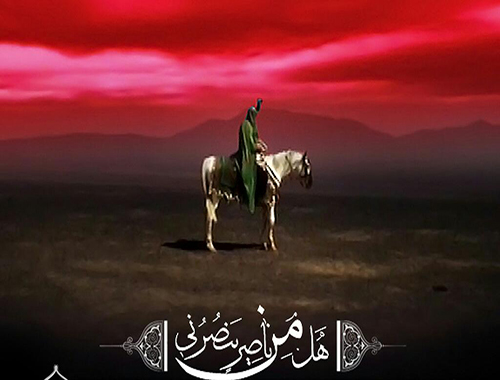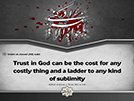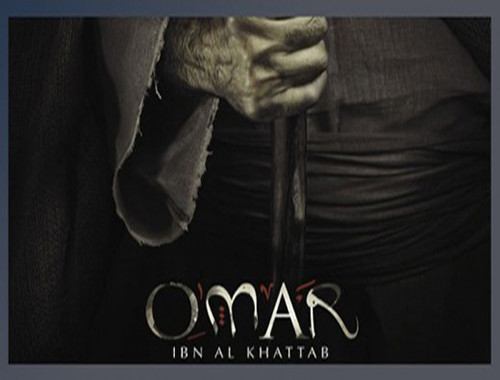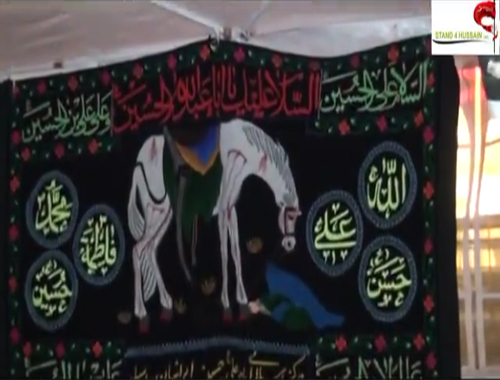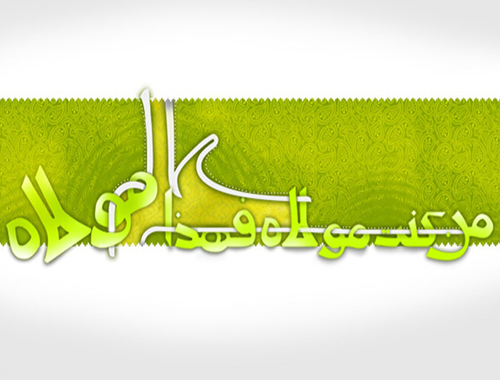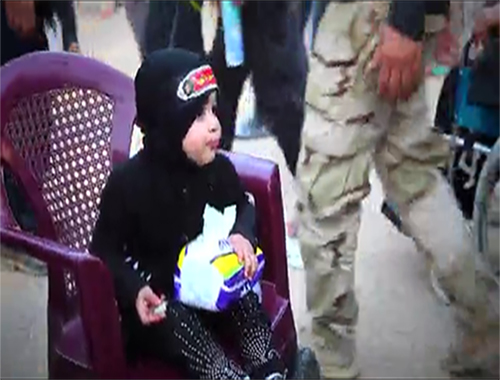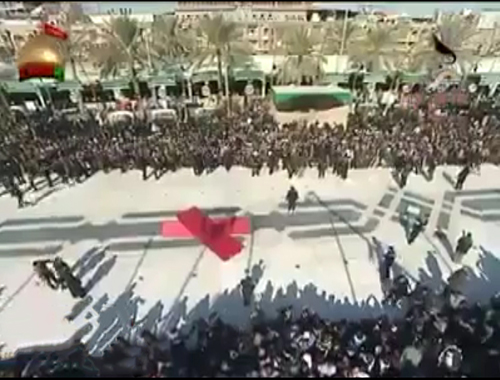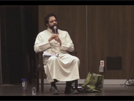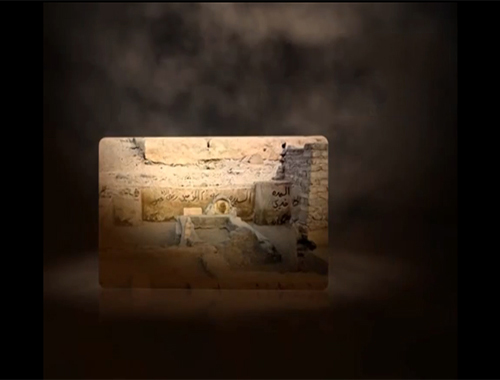Some Sahih Versions of the Hadith
- Details
- Hits: 2901
Hadith alThaqalayn is a mutawatir tradition which has been narrated - as we will presently see in our introductory study of `Abaqat al'anwar, a book written to establish the fact of its tawatur - through scores of different chains of transmission (turuq) only in the Sunni hadith corpus. If we add to these the Shi`i turuq of the tradition, the total number of its narrators becomes considerable.
Apart from being mutawatir, the hadith has been transmitted through several sahih turuq, that is, through chains in which all the transmitters are regarded as thiqah or as of confirmed trustworthiness and reliability. Following are four of these sahih narrations of the tradition as recorded by Muslim and alHakim alNayshaburi in their compilations:

(Muslim says:) Zuhayr ibn Harb and Shuja` ibn Makhlad narrated to me from `Ulayyah that he said: Zuhayr said: narrated to us Isma`il ibn Ibrahim, from Abu Hayyan, from Yazid ibn Hayyan, who said: "I, Husayn ibn Sabrah and `Umar ibn Muslim went to see Zayd ibn Arqam. When we sat down with him, Husayn said to him, 'O Zayd, you have been greatly fortunate. You have seen the Messenger of Allah, upon whom be Allah's peace and benedictions, heard his speech, fought with him in battles and have prayed behind him. Indeed, O Zayd, you have been enormously fortunate. Narrate to us what you have heard from the Messenger of Allah , may Allah's peace and benedictions be upon him.'
"Zayd said: 'O brother, by God, I have become aged and old and I have forgotten some of what I used to remember from the Messenger of Allah , upon whom be Allah's peace and benedictions. So accept what I narrate to you and as to what I don't, trouble me not regarding it.' Then he said: 'One day the Messenger of Allah , upon whom be Allah's peace and benedictions, addressed us near a pond called Khumm between Makkah and Madinah. He praised God and extolled Him and preached and reminded (us). Then he said, "Lo, O people, I am only a human being and I am about to respond to the messenger of my Lord [i.e. the call of death]. I am leaving behind two precious things (thaqalayn) among you. The first of the two is the Book of Allah. In it is guidance and light. So get hold of the Book of Allah and adhere to it." Then he urged and motivated (us) regarding the Book of Allah . Then he said, "And my Ahl alBayt (family). I urge you to remember God regarding my Ahl alBayt. I urge you to remember God regarding my Ahl alBayt. I urge you to remember God regarding my Ahl alBayt"'" ....
(Sahih Muslim, part 7, Kitab fada'il alSahabah [Maktabat wa Matba`at Muhammad `Ali Subayh wa Awladuhu: Cairo] pp. 122-123.)

(AlHakim says:) Narrated to us Abu alHusayn Muhammad ibn Ahmad ibn Tamim alHanzali in Baghdad, from Abu Qallabah `Abd alMalik ibn Muhammad alRaqqashi, from Yahya ibn Hammad; also narrated to me Abu Bakr Muhammad ibn Balawayh and Abu Bakr Ahmad ibn Ja`far alBazzaz, both of them from `Abd Allah ibn Ahmad ibn Hanbal, from his father, from Yahya ibn Hammad; and also narrated to us Abu Nasr Ahmad ibn Suhayl, the faqih of Bukhara, from Salih ibn Muhammad, the hafiz of Baghdad, from Khalaf ibn Salim alMakhrami, from Yahya ibn Hammad; and Yahya ibn Hammad narrated from Abu `Uwwanah from Sulayman al'A`mash, from Habib ibn Abi Thabit, from Abu alTufayl, from Zayd ibn Arqam, may God be pleased with him, who said: "The Messenger of Allah , may God's peace and benedictions be upon him and his progeny, while returning from his last hajj (hijjat alwada') came down at Ghadir Khumm and ordered (us) towards the big trees, and (the ground) underneath them was swept.
"Then he said, 'I am about to answer the call (of death). Verily, I have left behind two precious things amongst you, one of which is greater than the other. The Book of Allah , the Exalted, and my `itrah (kindred). So watch out how you treat these two after me, for verily they will not separate from each other until they come back to me by the side of the Pond.' Then he said 'Verily, Allah , the Almighty and the Glorious, is my master (mawla) and I am the master of every believer (mu'min).' Then he took `Ali, may God be pleased with him, by the hand and said, 'This (`Ali) is the master of whomever I am his master. O God, love whoever loves him and be the enemy of his enemy.'"
(AlHakim adds:) "This hadith is sahih in accordance with the conditions of sihhah laid down by the Shaykhayn (alBukhari and Muslim), although they have not recorded it in its full length."
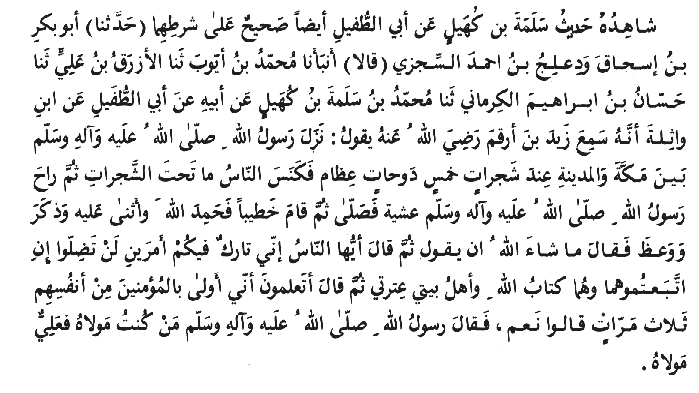
(AlHakim says:) The first tradition (mentioned above) is supported by this one narrated by Salamah ibn Kuhayl, from Abu alTufayl, which is also sahih according to the requirements of alBukhari and Muslim. Narrated to us Abu Bakr ibn Ishaq and Da`laj ibn Ahmad alSijzi, both of them from Muhammad ibn Ayyub, from al'Azraq ibn `Ali, from Hassan ibn Ibrahim alKirmani, from Muhammad ibn Salamah ibn Kuhayl, from his father, from Abu al-Tufayl, from Ibn Wathilah that he heard Zayd ibn Arqam, may God be pleased with him, say: "The Messenger of Allah , may Allah 's peace and benedictions be upon him and his progeny, came down at a place between Makkah and Madinah near the trees with five big shades and the people swept the ground under the trees. Then the Messenger of Allah , may God's peace and benediction be upon him and his progeny, began to perform the evening prayer. After the prayer he began to address the people. He praised God and extolled Him, preaching and reminding (us), and said what God wanted him to say. Then he said, 'O people! Verily, I am leaving behind two matters (amrayn) among you if you follow them (the two) you will never go astray. These two are: the Book of God and my ahl albayt, my `itrah.' Then he said thrice: 'Do you know that I have more right over the believers (Inni awla bi almu'minin) than they over themselves?' The people said, 'Yes.' Then the Messenger of Allah , may Allah's peace and benedictions be upon him and his progeny said, 'Of whomever I am his master (mawla) `Ali also is his master.'"
(al'Imam al-Hafiz Abu `Abd Allah alHakim alNaysaburi, alMustadrak `ala al-Sahihayn [Dar alMa`rifah li alTiba`ah wa alNashr: Beirut), vol. iii, pp. 109-110).

(AlHakim says:) Narrated to us Abu Bakr Muhammad ibn alHusayn ibn Muslim, the faqih of Ray, from Muhammad ibn Ayyub, from Yahya ibn al-Mughirah alSa`di, from Jarir ibn `Abd alHamid, from alHasan ibn `Abd Allah alNakha`i, from Muslim ibn Subayh, from Zayd ibn Arqam, may God be pleased with him, who said: "The Messenger of Allah , may Allah's peace and benedictions be upon him and his progeny, said, 'Verily, I leave behind two precious things amongst you: the Book of Allah and my ahl albayt. Verily, the two will never separate until they come back to me by the side of the Pond.'"
(AlHakim says:) This hadith is sahih al'isnad according to the conditions laid down by the Shaykhayn (alBukhari and Muslim), though they did not record it. (alHakim, op. cit., vol. iii, p. 148)
These are four versions of the tradition narrated on the authority of Zayd ibn Arqam. Their sihhah (authenticity) is confirmed by two of the great Sunni Imams of hadith. In addition, as we will see in our study of `Abaqatal'anwar, the tradition has been narrated by more than thirty Companions of the Prophet (S) and a host of narrators and leading traditionists of every generation up to the contemporary era.

